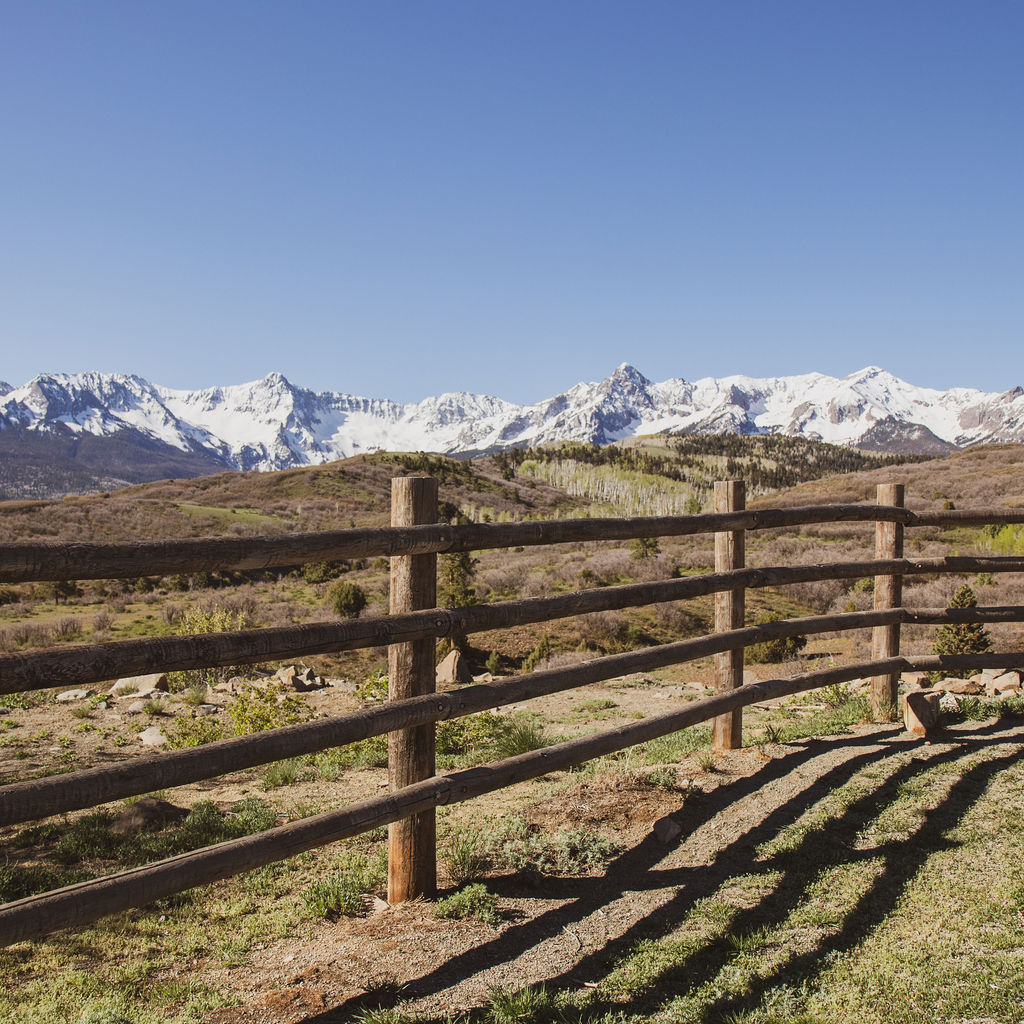Last updated on October 9, 2024
10 Horse Care Tips for the Colder Months to Start Doing Now
Depending on where in the country (or world) you live, “fall” may be more of just a date on the calendar than an actual change in the weather. However, for most of the US, fall is upon us and whether we like it or not, the change in weather can impact our horses as well.
So whether you are a pumpkin everything fan or not, make sure that you’ve done (or plan to do) these horse care tips to keep your horses and barn in tip-top shape as we head into colder months. Implementing them now, even if it’s still HOT, will help ease you (and your horse) into the harder, colder weather of winter.

Horse Care Tips to Transition You From Fall to Winter
1. Stock up on hay
- Where you live will determine how many cuttings of hay farmers get each year, however, with the exception of extreme southern states, most places stop putting up hay by early fall.
- While buying a year’s supply of hay at once is not always financially or logistically possible, it does take a lot of stress out of cold weather snaps knowing that you won’t have to scramble to make sure your horses are well fed.
2. Clean and check all winter blankets
- Without getting into the blanket or no blanket debate, IF you are one who likes to blanket your horse during cold weather, you want to make sure that your winter blankets are clean and in good condition BEFORE the first snow falls.
- Take advantage of a warm fall day and get your blankets washed and checked for damage.

3. Clean water tanks
- Whether you are a “fill it and forget it”, automatic waterer lover, or clean everyday type, your stock tanks could probably use a good deep cleaning before you head into winter.
- Keeping horses hydrated during the colder months can be kind of tricky, especially if their water tastes funky! Nobody wants to drink scummy water, even horses.
4. Remove bot eggs
- It’s that time of year when flies are laying their eggs to preserve their species for the next year. However, as horse owners, we do NOT want our horses to be the resting place or host for those eggs.
- Amazon and several ag supply stores sell “bot remover razors” but if you don’t want to be that fancy, you can use a cheap grocery store razor.
5. Deworm your horses right after the first hard freeze
- One of the perks of using Foundation Daily Detox and NuTrack Digestive Support regularly is many horse owners say that they don’t have to deworm their horses as often.
- However, many experienced horsemen still like to deworm horses after the first hard freeze to ensure that any pest who has attempted to take up residence in their horses gets the boot quickly.
6. Stock up on FDD and extra NuTrack

- As we have said time and time again, having a consistent feed program is key to having healthy, happy, flourishing horses year-round. You certainly don’t want to STOP feeding these baseline supplements when winter weather sets in and makes your horse’s body work harder.
- Additionally, many long-time Animal Element users know to use an EXTRA scoop of NuTrack before and during any major weather swings.
- Check out this blog for ways to prevent some health issues as the weather changes.
7. Get in the habit of draining hoses after use
- If we had a nickel for every time we found a frozen hose in the middle of a freeze…. Well, we’d have a few nickels. While having a hydrant directly over each water tank is ideal, the reality is most horse owners have to drag hoses around regardless of the weather. If you are one who needs concrete habits to remember things, NOW is the time to start the hose-draining habit for the cold winter months.
8. Have a plan for long-term power outages
- One of the hard parts of living rurally is that when there is a power outage, sometimes farmers and ranchers are the last to get the power turned back on. Having spare fuel tanks full before a storm hits is a great part of storm prep, because if power is out for days or weeks, you may need a generator to run the well to pump more water. Fall is the time to get that set up and in place if it isn’t already.

9. Allow for extra warm-up and cool-down time when riding
- In colder weather, it is even more imperative to give your horse’s muscles, joints, tendons, and ligaments time to properly warm up before asking for quick, explosive movements or strenuous exercise.
- Additionally, your horse needs extra time to cool off and dry off so that they are not getting put away in a cold environment with a sweat-soaked, wet coat.
10. Maintain regular farrier appointments.
- Hoof health and proper hoof care are ALWAYS important! However, with winter snow and ice make sure that your horse has the best footing possible on potentially slippery ground.
- Read this blog on how to prepare your horse’s feet for winter weather.
Horse Care Tips for Fall

While winter weather, snow, and ice obviously present extra challenges in the agricultural and equine world, winter doesn’t have to be a time that completely derails your horse’s health or your barn’s functionality. Take these 10 tips as a checklist for your winter preparedness plan and add them to what you’re already doing! Remember to stock up on hay and FDD and NuTrack, clean blankets and water tanks, and prepare for freezing weather and power outages. Also, it doesn’t hurt to look for and remove bot eggs and deworm after the first frost hits. When riding or training, give extra time for warmups and cool downs, and keep up your regular farrier schedule. Doing these things will help the transition to winter be just a little bit smoother!
If you’re running low on FDD and NuTrack, you’re in luck! We’re running a sale on the bundles so order now and save some cash!
Proudly written for Animal Element by the team at FaithHanan.com.

